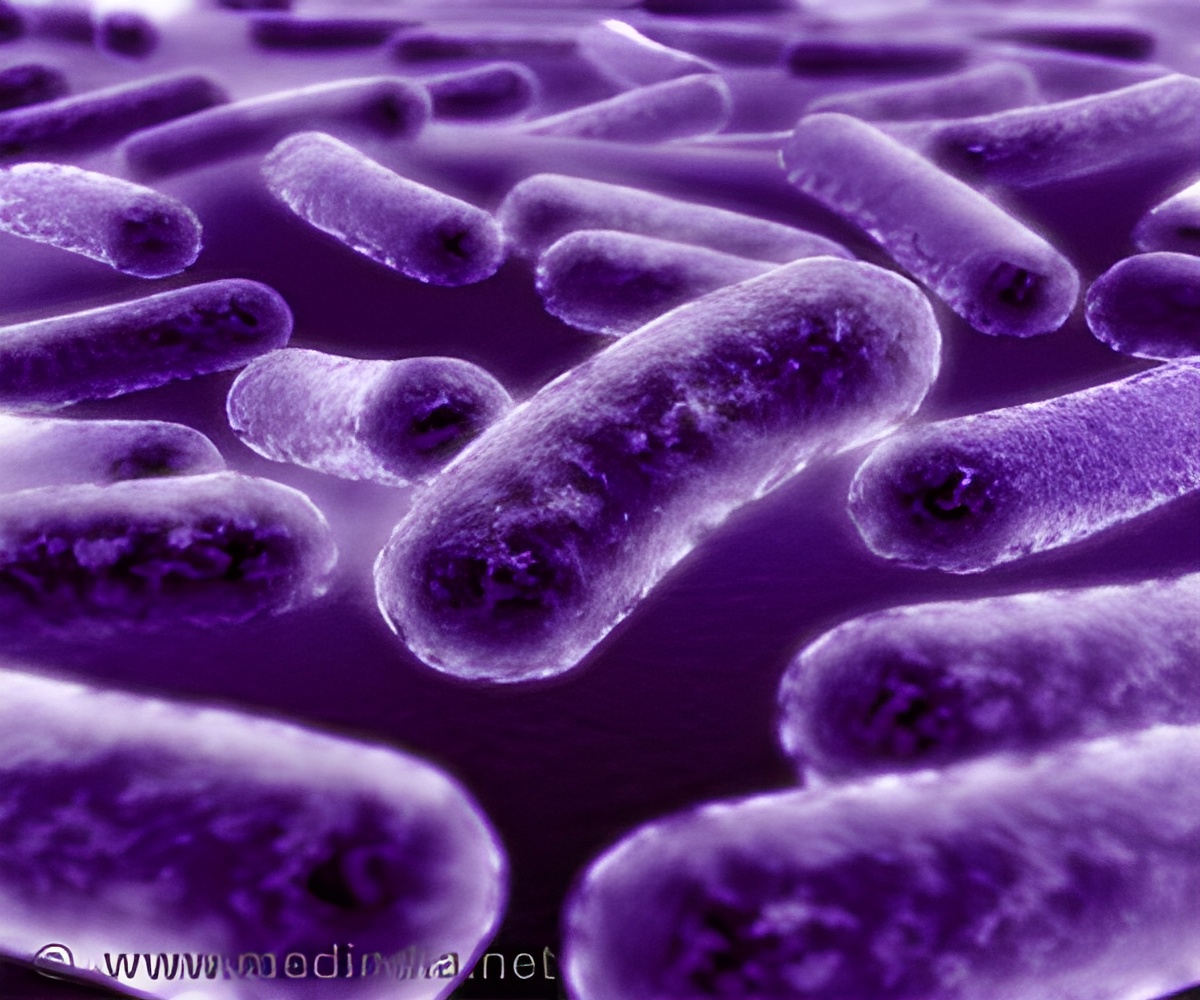Though the exact causes of Crohn's disease are not very well understood, research has found an abnormal immune response developed to microbes in the gut

The team found that microbial balance was disrupted in patients with Crohn's disease, with beneficial microbes missing and pathological ones flourishing. Having more of the disease-associated organisms correlated with increasing clinical disease activity. "These findings can guide the development of better diagnostics," says senior author Dr. Ramnik Xavier of Massachusetts General Hospital and the Broad Institute of MIT and Harvard. "More importantly, our study identified specific organisms that are abnormally increased or decreased in disease, which forms a blueprint to develop microbial therapeutics."
When the researchers analyzed the effects of antibiotics, which are sometimes used to treat Crohn's disease symptoms prior to diagnosis, they found that antibiotic usage in children with Crohn's disease could be counterproductive because it causes a loss of good microbes and an increase in pathological ones.
The investigators also examined different approaches for measuring gut microbes in patients and found that the bacterial communities in biopsies taken from rectal tissue served as good indicators of disease, regardless of where a patient was experiencing inflammation along the gastrointestinal tract. "This finding is particularly encouraging because it creates the opportunity to use a minimally invasive approach to collecting patient samples for early disease detection," explains first author Dr. Dirk Gevers of the Broad Institute.
Source-Eurekalert













